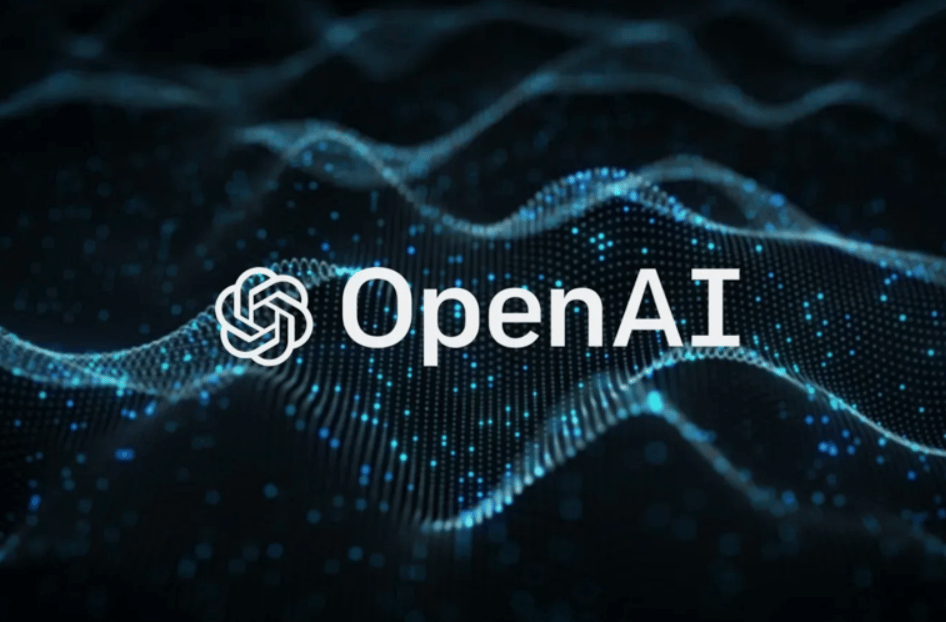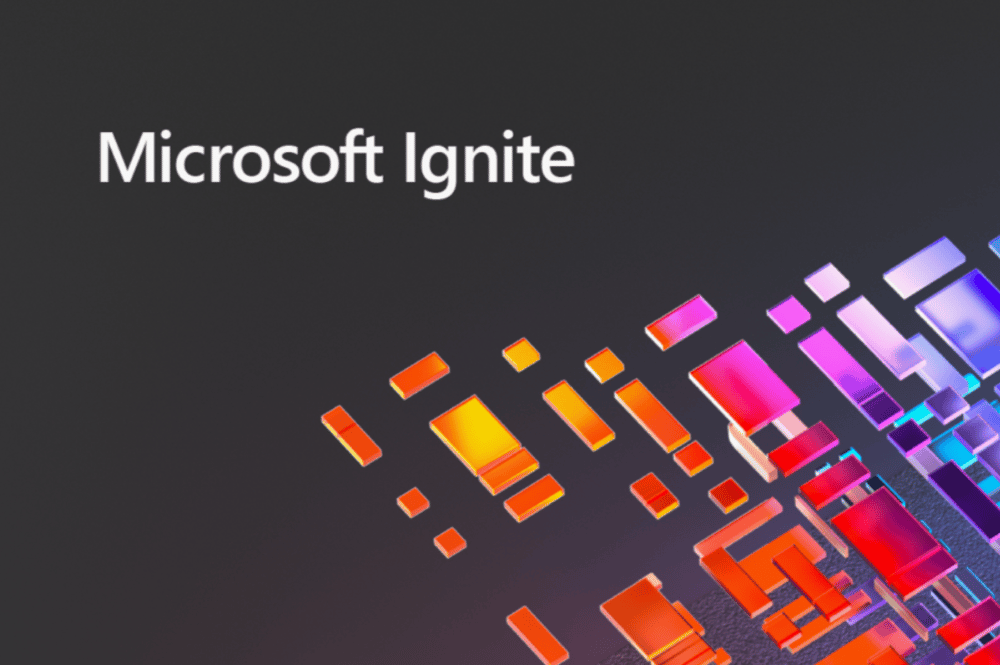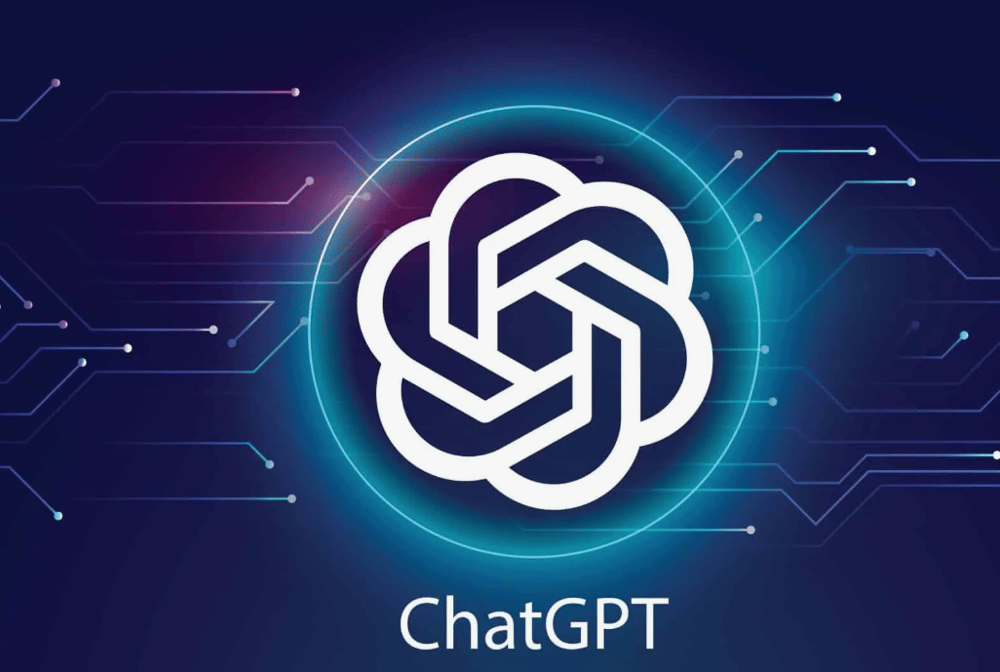

OpenAI, the artificial intelligence firm behind ChatGPT, is making notable shifts in its corporate structure and financial agreements, signaling a strategic recalibration of its relationship with Microsoft $MSFT. According to a report from The Information, OpenAI has informed investors that it intends to reduce the portion of future profits shared with Microsoft by at least half by the end of this decade.
This development coincides with the company’s decision to abandon a major restructuring plan, allowing its non-profit parent organization to retain control. The move is expected to curb the influence of CEO Sam Altman, whose growing sway over OpenAI had raised concerns among some stakeholders.
The changes reflect OpenAI’s evolving vision of balancing innovation, corporate independence, and long-term governance stability—while recalibrating one of the most high-profile partnerships in the tech sector.

Microsoft has invested billions into OpenAI and integrated its models across its Azure cloud platform and productivity tools. However, the restructuring indicates that OpenAI is seeking to gradually assert more autonomy—financially and operationally—despite its reliance on Microsoft’s infrastructure.
While the precise mechanics of the revised revenue-sharing model have not been disclosed, the reduction signals OpenAI’s intent to retain a greater share of its future commercial success. This could pave the way for broader revenue diversification and a less capital-intensive growth trajectory as the firm scales its AI offerings across industries.
From a governance perspective, shelving the restructuring proposal ensures that the non-profit entity behind OpenAI retains a veto over key decisions, preserving its mission-aligned oversight model. This structure distinguishes OpenAI from typical tech startups, anchoring it in long-term ethical commitments even as it aggressively commercializes its technology.
Desire for Independence: Reducing Microsoft's economic stake underscores OpenAI's ambitions to operate with increased financial and strategic autonomy.
Governance Preservation: Maintaining non-profit control signals a renewed commitment to OpenAI’s original mission and values.
Revenue Forecasting: A shift in profit-sharing dynamics indicates confidence in robust future income streams from AI services, APIs, and enterprise integrations.
Internal Power Dynamics: The decision appears to temper the authority of CEO Sam Altman by reinforcing collective oversight through the non-profit board.

Reduced Dependency on Microsoft: As OpenAI scales commercially, a lower revenue share to Microsoft may improve margins and create room for new strategic alliances.
Stabilized Corporate Structure: Shelving the restructuring avoids the complexity and potential controversy of transforming OpenAI into a more conventional corporate model.
Increased Investor Clarity: The changes offer transparency for current and prospective investors, clarifying the balance of power between the non-profit and its commercial arm.
Broader Market Impacts: The recalibrated partnership may influence Microsoft’s AI strategy and competitive positioning in the cloud and enterprise software markets.
Ethical Oversight Maintained: By preserving its unique governance setup, OpenAI differentiates itself in the AI industry, where concerns about unchecked growth and opaque decision-making remain prominent.
OpenAI’s shift away from deep financial entanglement with Microsoft marks a pivotal moment in the evolution of AI industry dynamics. While the two companies will likely remain closely linked—technologically and commercially—the realignment opens space for OpenAI to broaden its partnerships, explore new monetization models, and scale with more agility.
At the same time, the preservation of its mission-centric governance suggests a continued commitment to responsible AI development. The company’s ability to navigate this duality—commercial growth alongside principled oversight—will be critical as the global AI landscape grows more competitive and complex.
Forward-thinking market strategies continue to reshape the automation narrative, paving the way for disruptive breakthroughs
Such landmark transactions might pave the way for unprecedented advances in tech automation